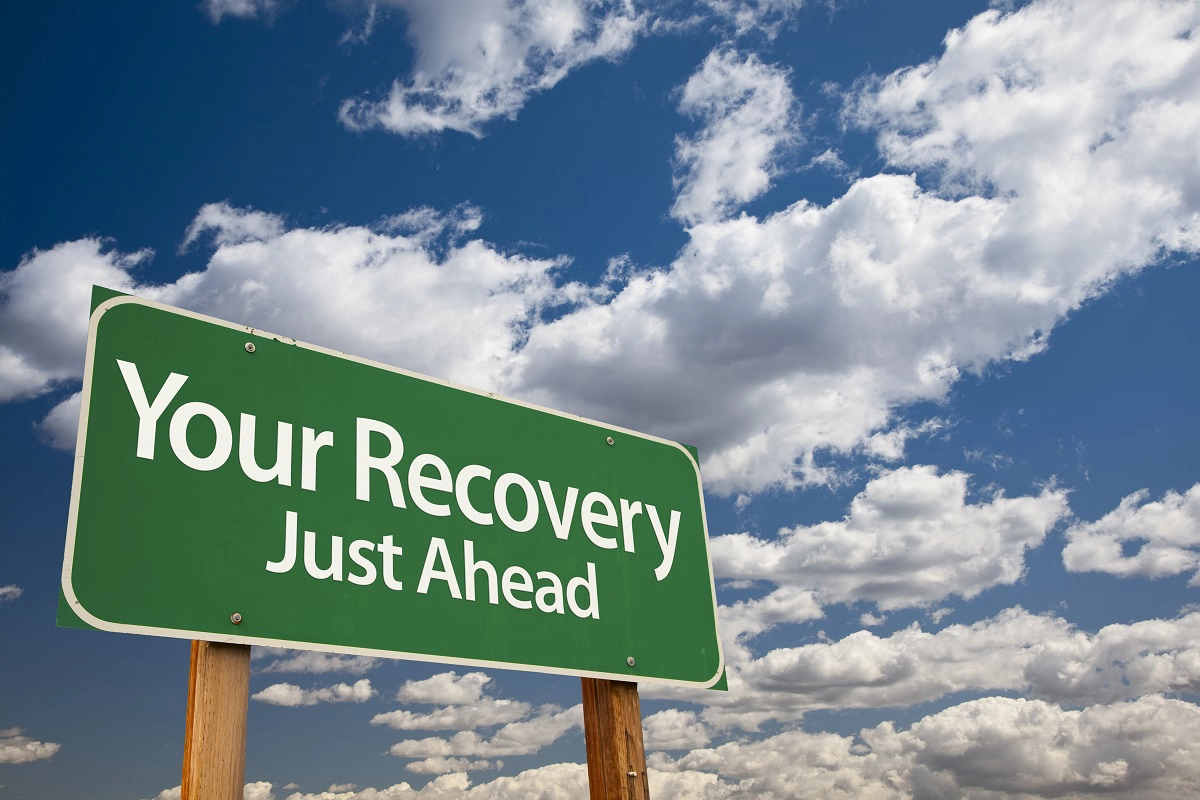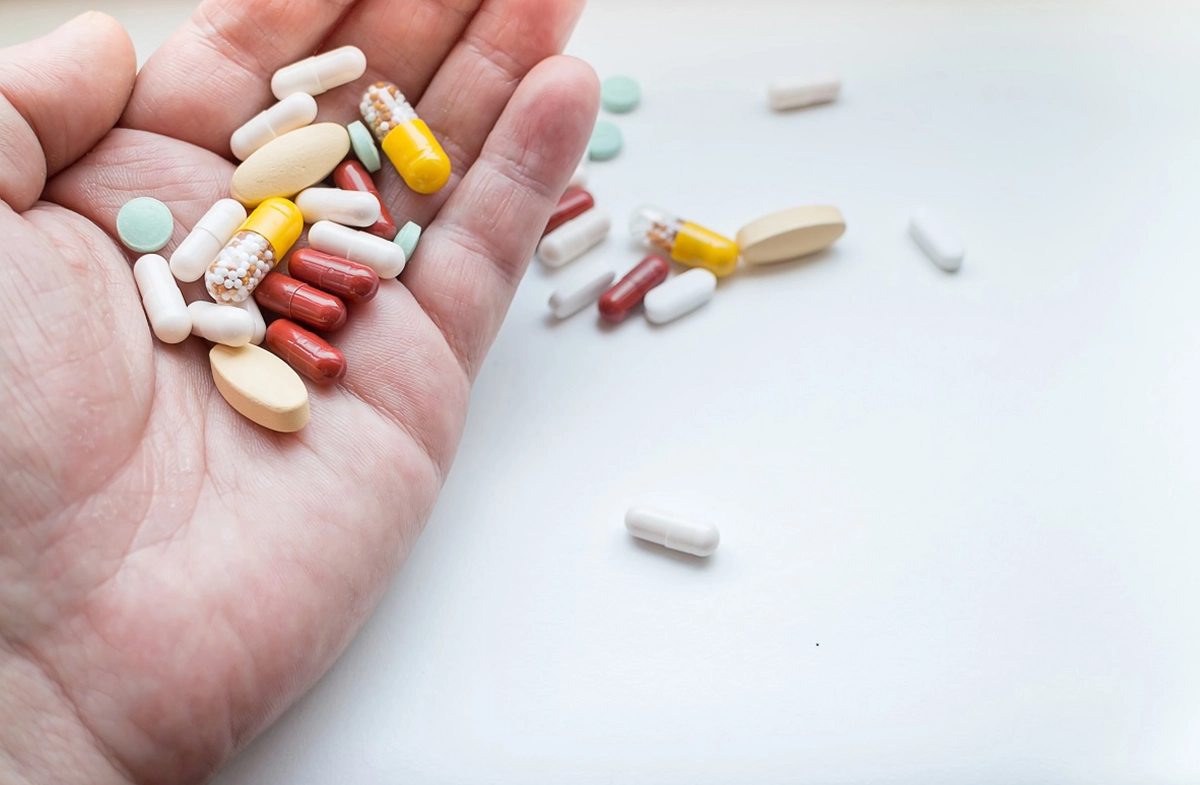Now more than ever, it is vital that we lend support to our loved ones that are in addiction recovery. Due to the coronavirus pandemic, we now live in unprecedented and uncertain times. Health workers are scrambling to make efforts to control the spread of the virus. The world government has also enforced measures such as self-isolation and social distancing.
As much as these protocols are noble in terms of mitigating the spread of the virus, it has had some several less favourable impacts. Many recovering addicts now fear for their recovery journey as some of their support systems have been nullified. Addiction treatment services in Canada have to change the way they work.
The increased anxiety and mental stress caused by the COVID-19 pandemic can be dangerous for an addict in recovery. Furthermore, many recovery addicts require daily medication from a care provider or assistance from a mutual help intervention group. The fact that such a person cannot attend support group meetings due to the social distancing measures is a red flag. This is where you can come in to help your loved ones. You must give some support to ensure that they stay on their addiction recovery path.
Understandably, you may be at a loss for what to do. You don’t have to worry. We have gathered some addiction recovery resources to help you. In this article, we will give you some tips on how to love and support an addict that is in recovery. Without a doubt, the COVID-19 will create conditions that can threaten the recovery of a loved one, but it does not have to lead to a relapse.
Your support can make all the difference in the addiction recovery journey of your friends and family during this period of uncertainty. Keep reading to access our resources on how you can support your loved ones.

Related Article: Addiction Treatment and COVID-19: Staying Ahead of Mood Swings
Supporting Your Loved One in Addiction Recovery: How To Do It
You may not be a professional addiction treatment expert. However, the support you offer your friends or loved ones can also be vital. During this time of the coronavirus pandemic, the resilience of every person is being put to the test. However, for addicts in recovery, the pressure is even higher.
This is why you must do all you can to support your loved one in addiction recovery. Here are a couple of ways you can lend support yet respect social distancing laws.
Learn about addiction recovery
To be able to provide adequate support for your loved one undergoing addiction recovery, you must have enough knowledge about it. You have to learn all you can about the various aspects of addiction and recovery. Most importantly, the steps to addiction recovery.
This way, you will be better equipped to be able to understand and assist your loved ones when you need to. Also, you will be able to recognize health issues, potential triggers, and progress in the addiction recovery process.
Furthermore, your loved ones will find it a lot easier to share when you understand what they are going through. In addition, they will be more inclined to receive help and support from you if they feel like you are making efforts to understand them. Learning about addiction and recovery is vital if you want to provide support to your loved one. Once you have learned all you can, then you are ready to help.
Communicate with them
Social distancing may mean that your loved ones cannot attend support group meetings with likeminded people. However, it does not mean that they have to be alone or distanced from you. You have to bridge the gap between you and your loved ones. Knowing that they are not alone can go a long way in helping them stay on their recovery path. So, it is vital that you consistently communicate with your loved one in addiction recovery.
However, you must ensure that the conversations are not one-sided. You must speak as well as listen attentively to your loved ones. This way, you can acquire all the information that you need to support them throughout their addiction recovery. If you are not physically with your loved ones due to the isolation and social distancing protocols, there is no problem. You can take advantage of various social media platforms such as FaceTime, Duo, or Skype. If you feel the need to, you can also call via phone.
Ensure that the house is safe and healthy
Memories can be significant triggers in addiction recovery. So, if you are wondering how to love an addict in recovery, an excellent place to start is to keep the home safe. This means that you have to get rid of drugs or any related item that can bring up memories from their past. Social distancing means that everyone is spending a lot more time in their homes. Therefore, you have to ensure that the home of your loved one is a safe space.

Staying away from controlled drugs and substances is the most practical choice for anyone undergoing addiction recovery. However, your loved one may not be strong or willing enough to get rid of drugs or other objects that can induce drug use. Remember, addiction is not a choice. Instead, it is a medical condition borne out of the compulsive need to take drugs.
So, it is understandable that your loved one does not want to get rid of these items. However, part of your support for their addiction recovery is to calmly explain the need to do away with said items and eventually get rid of them.
Encourage them
During this pandemic and maybe even after, there are times when your loved one will feel emotionally down. This may be because of a perceived lack of purpose during this period. Or it may just be an emotional phase that they need to overcome.
Whichever the case may be, you have to be ready to offer support when they feel down. Encourage them to keep going in their addiction recovery journey. Keep their hope alive. Remind them of the reasons they started recovery in the first place.
Also, you can help them find a sense of purpose yet respect social distancing laws. Encourage them to pick up a new skill or perhaps new hobbies. Then, help them to set goals in developing these newly acquired skills.
Furthermore, you can suggest mood-boosting activities such as meditation, journaling, exercise, and yoga. If you can, undergo these activities with them. Your support during weak weak emotional phases can make the difference in helping them stay committed to addiction recovery.
Know the signs of relapse
To provide the best support for your loved one during addiction recovery, you need to know the signs of relapse. You can learn this by accessing addiction recovery resources or by speaking to a healthcare professional. Your loved one may be committed to getting clean, but the stress of social distancing and isolation can sometimes be overwhelming.
Therefore, you must know the red flags in your loved one’s addiction journey to be able to prevent a relapse. Awareness of these relapse signs will take careful attention. But, once you notice these signs, there are several ways you can help.
- Consult with other close friends or family to see if they have the same concerns.
- Talk to your loved one about your concerns. Ensure you maintain a kind, caring, and non-judgmental tone.
- Suggest that they reach out to their sponsor or therapist.
- If that does not work, you may contact professional addiction recovery services on their behalf.
Related Article: Exploring Yoga as Addiction Treatment During the Covid-19 Pandemic
Final Take
Your support to your loved one’s addiction recovery can make the difference whether or not they stay clean. So during this pandemic, even with social distancing and all, ensure that you are there for your loved ones in recovery. Your words of support and encouragement can fuel their effort and commitment to staying in control of their lives.
Sometimes, offering support can come in the form of reaching out for professional help. If you need addiction treatment services, Addiction Rehab has taken careful steps to remain open and safe during this period. If you need to talk to an expert about helping your loved ones in recovery, please let us know. We’d love to help you! Call +1 (855) 787 – 2424 to speak to any of our experts today!







